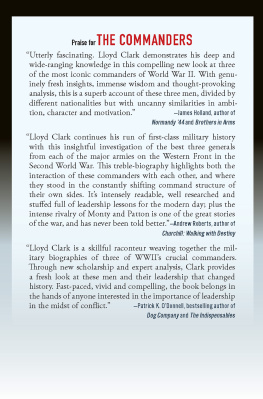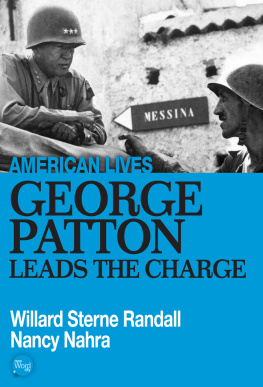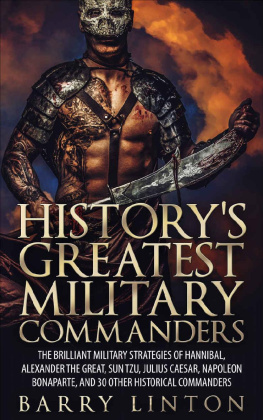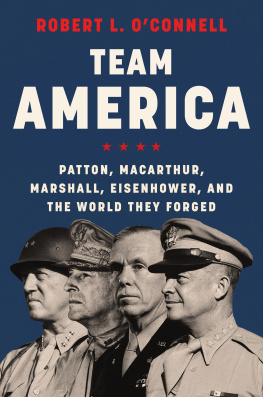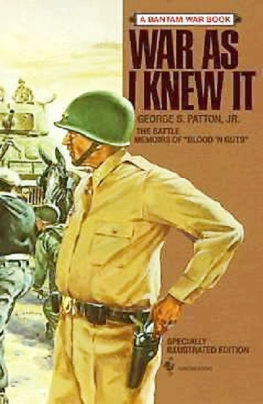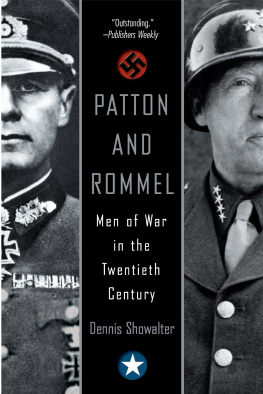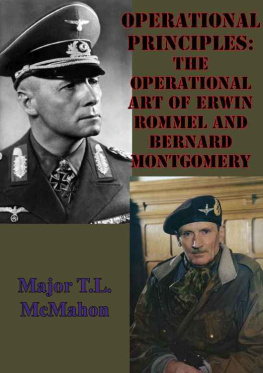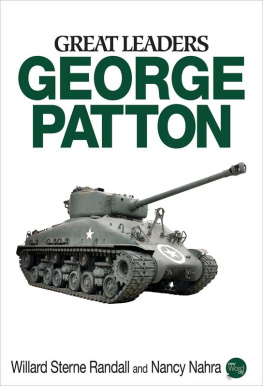Contents
Guide
THE COMMANDERS
By the same author
Blitzkrieg:
Myth, Reality and Hitlers Lightning War France, 1940
Kursk:
The Greatest Battle
Arnhem:
Jumping the Rhine 1944 and 1945
Anzio:
The Friction of War
THE COMMANDERS
The Leadership Journeys of George Patton,
Bernard Montgomery and Erwin Rommel
LLOYD CLARK

Atlantic Monthly Press
New York
Copyright 2022 by Lloyd Clark
Jacket design by Gretchen Mergenthaler
Jacket images, clockwise from upper left: Field Marshal Erwin Rommel. 1942.
Photograph by Ernst A.Zwilling /Bundesarchiv (#146-1977-018-11A); Lt.-General George Patton instructing troops in Sicily Alamy; Bernard Montgomery addressing British troops in May 1944 IWM (H 38645)
All rights reserved. No part of this book may be reproduced in any form or by any electronic or mechanical means, including information storage and retrieval systems, without permission in writing from the publisher, except by a reviewer, who may quote brief passages in a review. Scanning, uploading, and electronic distribution of this book or the facilitation of such without the permission of the publisher is prohibited. Please purchase only authorized electronic editions, and do not participate in or encourage electronic piracy of copyrighted materials. Your support of the authors rights is appreciated. Any member of educational institutions wishing to photocopy part or all of the work for classroom use, or anthology, should send inquiries to Grove Atlantic, 154 West 14th Street, New York, NY 10011 or .
The author would like to thank Haus Publishing for permission to quote from Ralf Georg Reuths Rommel: The End of a Legend and Pen & Sword for the quotes from Bernard Montgomerys The Memoirs of Montgomery of Alamein; material quoted from Patton by Carlo DEste, copyright 1995 by Carlo DEste, is used by permission of HarperCollins Publishers. While every effort has been made to contact copyright holders of material reproduced in this book, the author would be pleased to rectify any omissions in subsequent editions should they be drawn to his attention.
First published in hardback in Great Britain in 2022 by Atlantic Books, an imprint of Atlantic Books Ltd.
Published simultaneously in Canada
Printed in the United States of America
First Grove Atlantic hardcover edition: November 2022
Layout and typesetting benstudios.co.uk
Map artwork by Keith Chaffer
Library of Congress Cataloging-in-Publication data is available for this title.
ISBN 978-0-8021-6022-5
eISBN 978-0-8021-6023-2
Atlantic Monthly Press
an imprint of Grove Atlantic
154 West 14th Street
New York, NY 10011
Distributed by Publishers Group West
groveatlantic.com
For Catriona, with much love.
Now and forever.
Contents
Maps

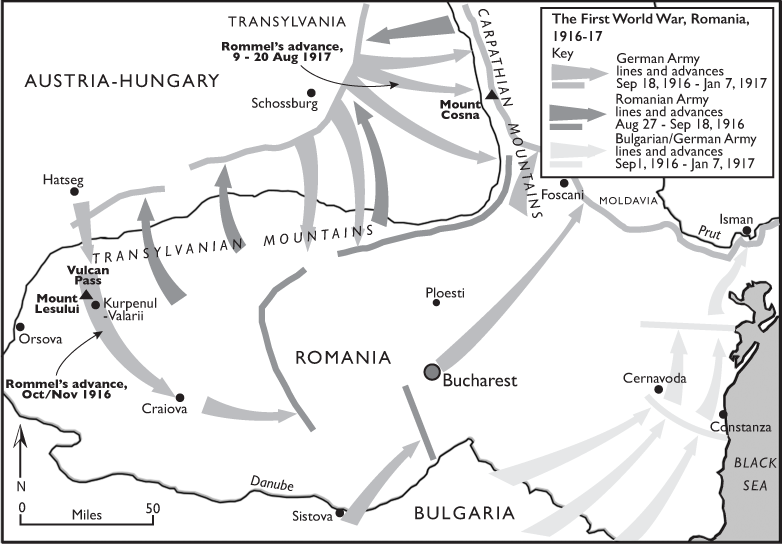
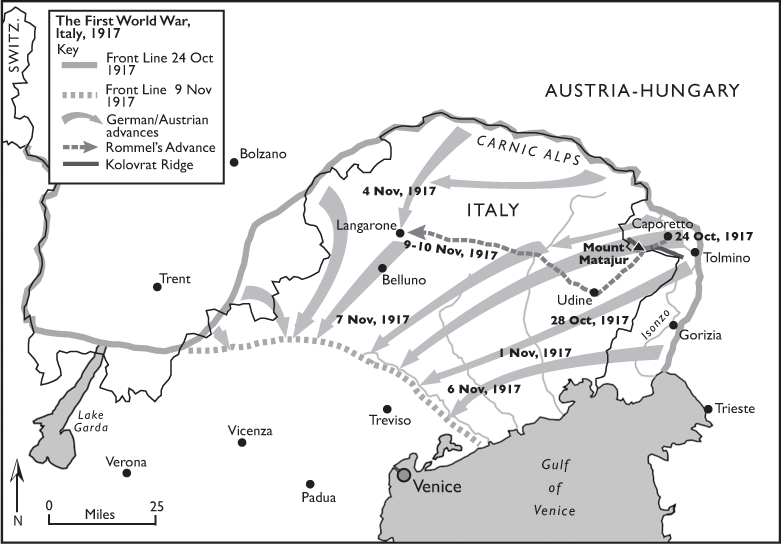
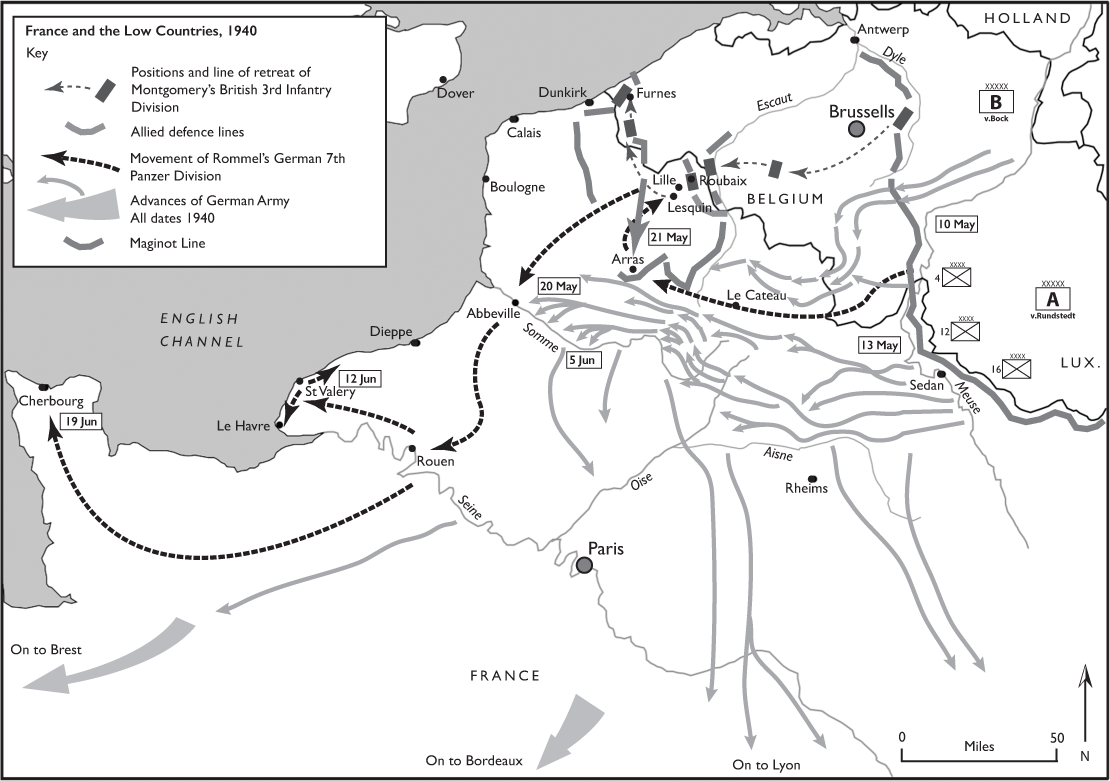
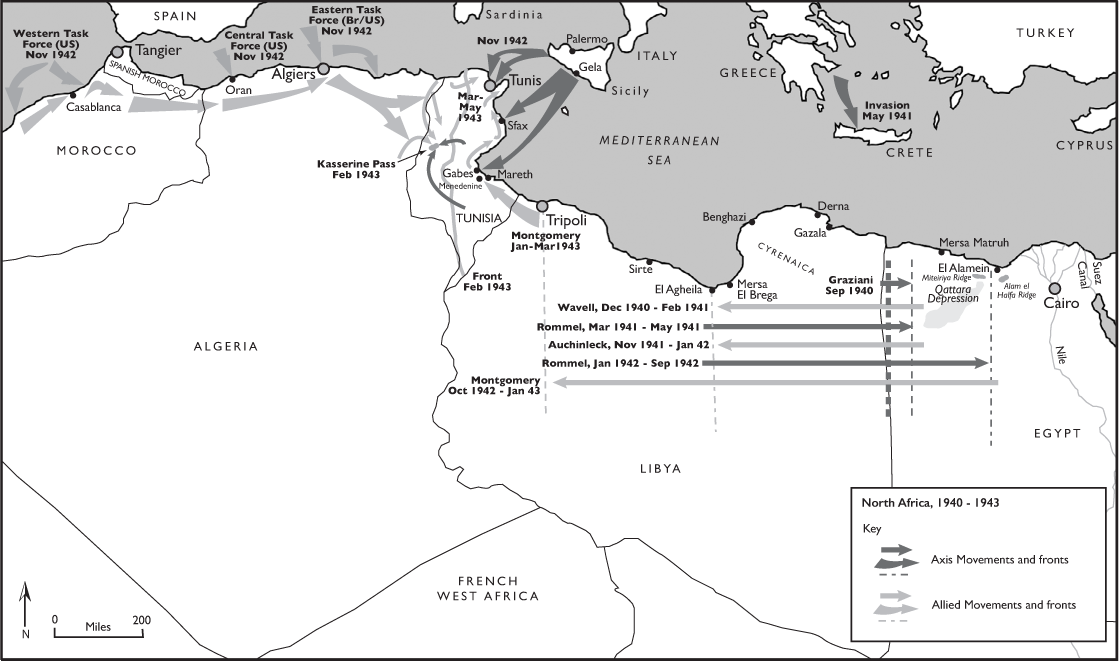
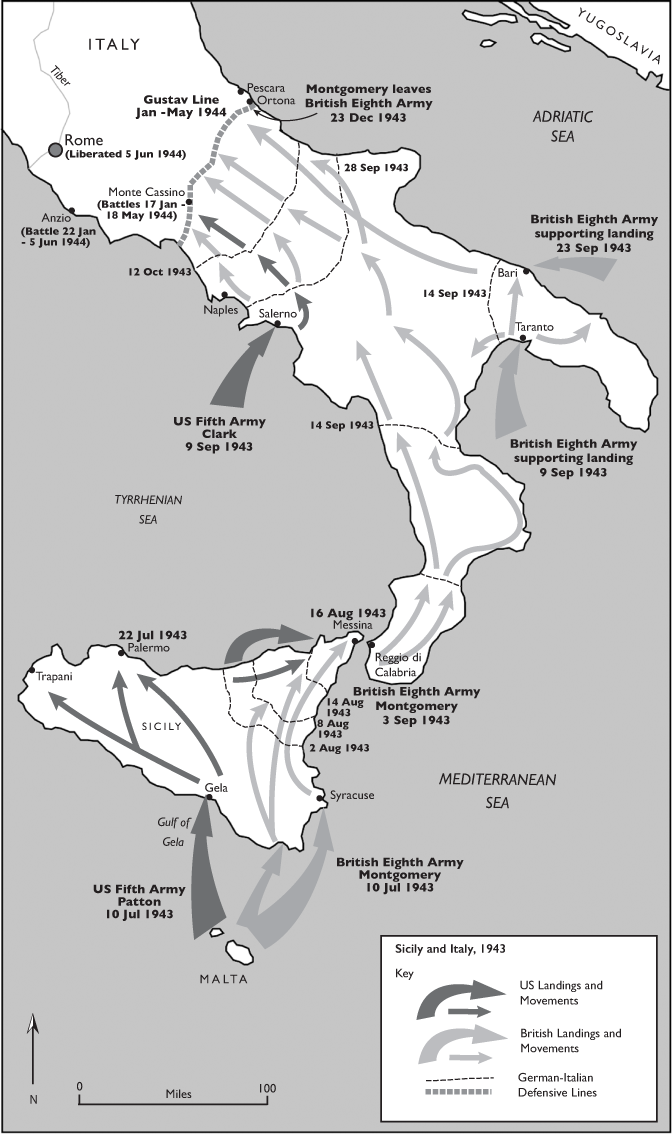
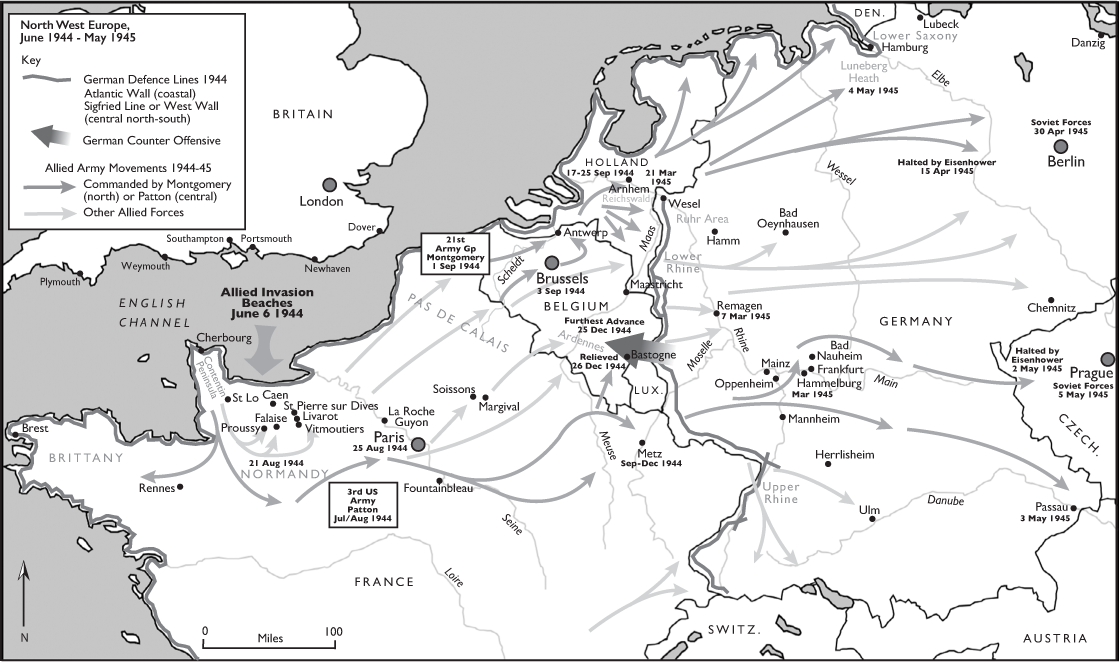
Introduction
T OWARDS THE END of his long and distinguished life I visited Field Marshal The Lord Bramall at his home in Hampshire. Although he was over ninety years of age, I found that Dwin, as he insisted I call him, had lost none of his passion for discussing military affairs and, in particular, leadership. His precise and persuasive arguments that morning about what he felt made an effective leader drew heavily from a career that began leading a 35-man platoon in Normandy on 8 June 1944 and ended forty years later as Chief of the Defence Staff, the professional head of the British Armed Forces. As the field marshal plunged deep into history to illustrate the importance of apt leadership styles and why it is vital to win trust, I began to understand more why he was one of the most accomplished military leaders Britain has ever produced.
Dwin deployed an argument as deftly as a general might manoeuvre his principal fighting division, as he expounded on the enduring nature of leadership across the millennia, referencing Bernard Montgomery heavily during our conversation. Monty could be an exceptional leader, he explained, with a great talent for putting his message across and getting things done how he wanted but could also be extremely difficult.
There was no doubt that Dwin admired much about Montgomery. The field marshal presented a young Lieutenant Dwin chuckled at the memory, shaking his head.
As our discussion progressed, Dwin became keen to discuss what he termed the privilege of responsibility. Whether leading a small team in combat to seize tactically important ground, or clashing with Whitehall mandarins over the implications of budget cuts, the personal sense of responsibility, Dwin expounded, does not feel different and nor does the sense that one is extremely fortunate to be faced with such challenges and looked to by others for a way forward.
Taking a pause to gather his thoughts but looking me straight in the eye, he continued: It does not matter what ones appointment is or the tests that one faces, leadership is essential. Leadership underpins everything the Army does and involves everybody. Success is always founded on good leadership while with failure the opposite is very often true. It is vital, absolutely vital, to find a way to inspire men to do the mundane as well as the extraordinary. Yes, inspire is the correct word inspire and motivate. The field marshal then explained how he, and those who inspired him, encouraged men to follow. He emphasized his belief that the methods and style adopted by an individual leader have to take account of many variables if they are to be successful.
Academics David Day and John Antonakis concur, having written that leadership is shaped by the leaders dispositional characteristics and behaviours, follower perceptions and attributions of the leader, and the context in which the influencing process occurs.
With each new role, every advance in rank and each new context, it is particularly important that officers and soldiers think again about their leadership and what is demanded of them. While an army will do what it can to prepare individuals for the next stage in their career (for traditionally armies

